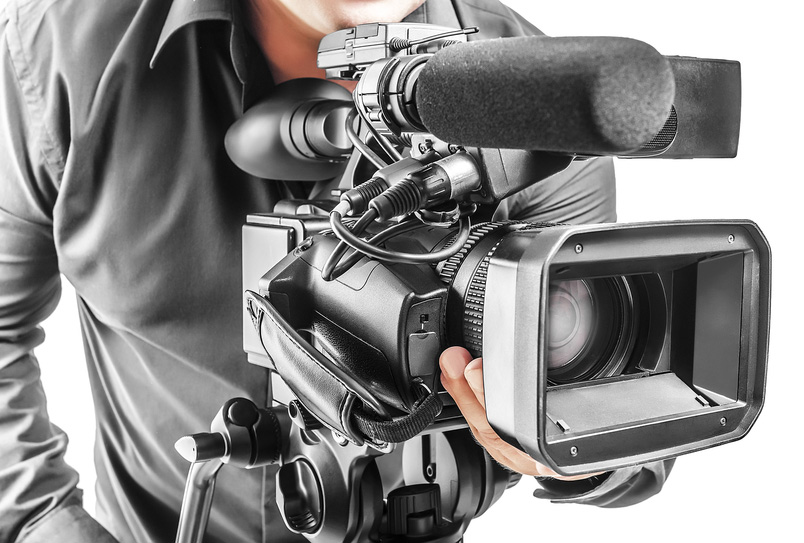Legal videos, mostly used in video conferencing and depositions, are very valuable to any case they’re applied to. Having been first used in courtrooms about three decades ago, legal videos have considerably grown, both in terms of popularity and quality over the years.
Moreover, while creating quality legal videography requires a high level of expertise, the various benefits it presents make it a worthwhile investment for all types of litigators.
 Helps Make a Case
Helps Make a Case
A video gives a clear visual perspective of the featured individual, particularly their thoughts, actions and body language. Preserving such details, which may not be possible in a written deposition, is key to successfully push through a long, drawn-out trial.
Repeatedly reviewing video footage of a witness may make you discover things you probably wouldn’t notice in person. These new details can help you destroy the opposing party’s case, and consequently reach a settlement that’s favorable to you.
Serves as Evidence of Speech
Lying under oath is a criminal offense. However, some cunning witnesses may choose to lie in order to help the plaintiff or defendant win the case. Having video evidence, rather than just words, to counter the lies will put you in a much stronger position to prove your case.
Moreover, a visual point of reference can help you notice discrepancies in subsequent testimonies and depositions made by the same witness, which can help you prove they’re not reliable.
Helps You Save Money
As mentioned earlier, legal video can help reduce trial costs if applied the right way. For one, having your witnesses give their statements through video conferencing software can help you save on transport costs if they happen to live out of state, or in another country. Also, if you want to include the views of an expert, or two, in your case, it will make more sense to get everything on video as opposed to flying them out and paying for their accommodation.
The fact that most courts are now accepting the use of legal videos means that in the near future, all depositions, and testimonies could exclusively be done via video link.
Provides a Truthful Record
While most courts will consider the transcripts produced by official court reporters before the recordings made by litigators, legal videos can still come in handy in certain instances. For one, they help set the record straight in regards to who said what to who, and when. To make your videos more credible, consider syncing them with the text transcripts. That way, the court will still be able to verify the voices involved, but now with an additional view of the tone, and verbal cues of the speakers.
Visual Evidence is More Believable
Video evidence involves both the senses of sight and hearing, which makes it more engaging and memorable. Depending on the type and strength of the evidence you’re presenting, legal videography can be a powerful tool towards impacting the minds of jurors and judges in your case.
